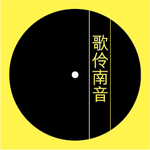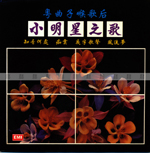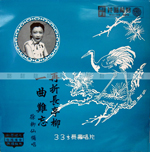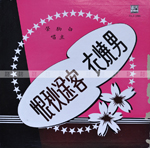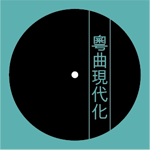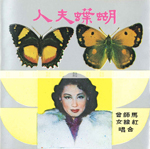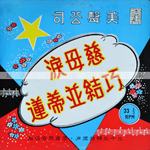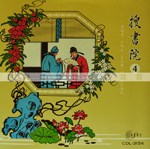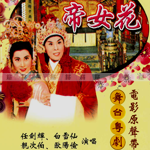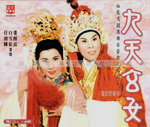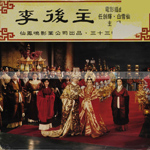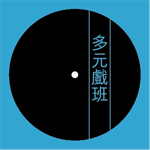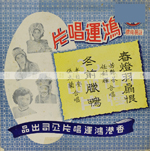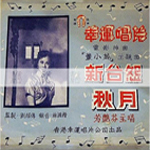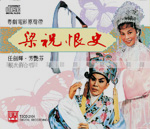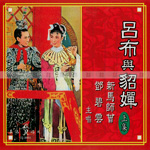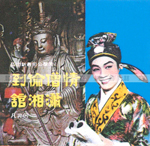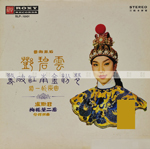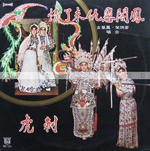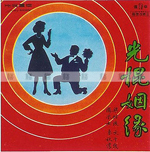Since the early twentieth century, Hong Kong has always been an important venue for Cantonese opera development. After 1949, as a result of political turmoil in the Mainland, performers and troupes converged and resettled in the territory, leading to a tremendous prospering of Cantonese opera in the subsequent decade. This development is linked intimately with the rise of the electronic media.
Performers and troupes began to grasp the possibilities offered by film and radio to re-examine age-old performance practices with regard to acting, singing, script writing, instrumentation, and stage set-up. They brought in novel elements from the theatre and movie world, and participated in the production of films and records. With these acts, they are extending the movement to modernize Cantonese opera that began in the 1930s.
Wong Jum-sum was thoroughly immersed in the world of Cantonese opera from young. Through his close encounter with master performers like Hung Sin-nui, Ma Si-tsang, Yam Kim-fai, Pak Suet-sin and Tong Dik-sang, he witnessed first hand the modernization of Cantonese opera, and was mightily moved by the adventure and passion he saw.
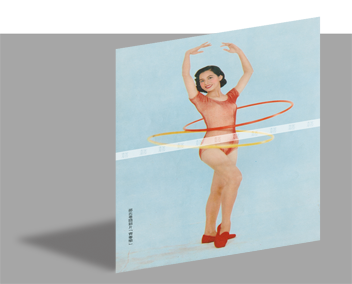

作曲︰梁樂音
作詞︰吳一嘯
主唱︰林鳳、麥基
麥︰我係我係
我係東方嘅 貓王
彈得輕鬆 唱得瘋狂
玩幾下搖擺Rock
撚幾句牛仔腔
搖又試搖真係爽
擺又試擺暈大浪
合︰青春樂 我哋學貓王
青春樂 跳得要瘋狂
麥︰我係我係
我係東方嘅 貓王
彈得輕鬆 唱得瘋狂
林︰我都愛搖擺Rock
我都愛牛仔腔
歌唱最快樂
跳舞不荒唐
合︰青春樂 我哋學貓王
青春樂 跳得要瘋狂
林︰青年人最愛青春樂
青春之樂味如糖
青春一去留不住
青年莫負好春光
合︰青年莫負好春光
